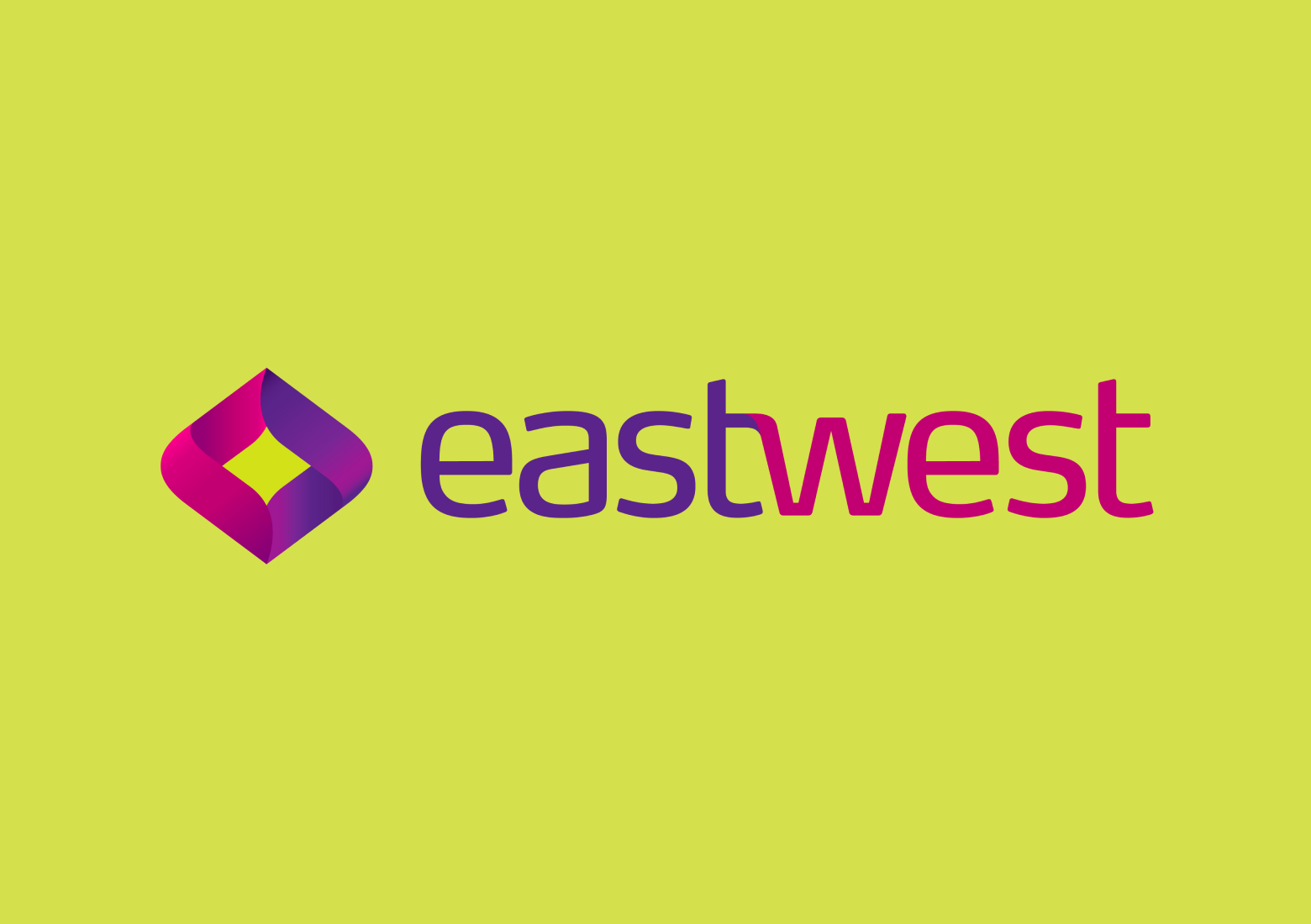EastWest Net Income Surged 48% in 2017
Gotianun-led EastWest Bank (EW) reported a net income of Php945.4 million in the first quarter of 2018, 22 percent lower versus same period last year. This is attributed to the lower contribution from its wholly-owned subsidiary, EW Rural Bank (EWRB) and its Securities Trading desks. Net of EWRB and Securities Trading businesses, the other unit’s combined net income increased by 45%. Return on assets and return on equity were at 1.2% and 9.6% respectively.
The Department of Education (DepEd) effectively suspended new loans to teachers pending the renewal of the terms of the Department’s Automatic Payroll Deduction System (APDS) last November 2017. This heavily impacted EWRB given loans to public school teachers comprise its main business. On the other hand, EW also incurred trading losses of Php136.5 million in the first quarter of 2018 versus a Php166.5 gain in Q1 2017, a Php303 million swing.
Net Interest Income increased by 8% to Php4.2 billion, driven by the increase in consumer loans. Consumer loans managed to grow by 11% despite the decrease in public school teachers' loans. Consumer loans net of those from the public school sector increased by 14%.
Total Operating Income was down 4.8% due mainly to the said APDS setback experienced by EWRB and trading losses. Net of EWRB income contribution and trading losses, operating income increased by 15% or by Php625 million as the consumer loan portfolio matures. Operating and credit costs for mature credit portfolios are lower than new on-boarded loans.
Operating expenses increased by 5% to Php3.35 billion, mainly due to increase in taxes, particularly the higher taxes on Documentary Stamp Taxes (DST) on Time Deposits of about Php60 million as the higher DST rates came into effect in January 1, 2018. The Bank also incurred a one-time DST and fees of Php60 million when it increased its authorized capital stock to Php50 billion from Php20 billion and listed the stock dividend used to pay the required subscription of the increased authorized capital stock. Provisions for credit losses was flat at Php1.1 billion.
"Although trading losses occurred early this 2018, we remain hopeful we will continue our track record of not losing for a whole year. On EWRB, on the other hand, we will continue to work to see how to proceed on the loans to public school teachers. We remain optimistic this can resume as our loans to public school teachers have the most favorable terms for the borrowers among similar lending program for the public sector," Bobby Reyes, EW president and deputy CEO said.
Total Assets stood at Php316.9 billion as of March 31, 2018. This is 8% higher than March 31, 2017 and slightly lower from the December 31, 2017 balance of P318.0 billion. The year-on-year growth continued to be driven by consumer loans. Consumer loans, which accounted for 73% of total loans, grew by 12% or Php17.6 billion yoy, while business loans, on the other hand, went down by 5% or Php2.9 billion.
Asset growth was funded mostly by Deposits which grew by 7% to Php255.4 billion driven by a healthy mix of CASA and Term deposits which grew by 9% to Php137.4 billion and 5% to Php117.8 billion respectively. Deposit growth will further be supplemented as the Bank awaits for regulatory approval to issue up to Php15 billion of Long Term Negotiable Certificates of Deposits (LTNCDs).
Capital ratios remain healthy with Capital Adequacy Ratio (CAR) and CET1 Ratio at 13.6% and 11.1% respectively.
"For 2018, the biggest challenge for the Bank is the settlement of the DepEd loans. The Bank believes that eventually, this will get settled and the Bank will be paid on its existing portfolio. The Bank however, while still hoping for the best, is still evaluating if it can continue lending under the revised terms of the program. Market liquidity is also tighter in 2018 compared to 2017. As a result, deposit costs are moving faster than loan rates. In time, as had been seen in the past, markets correct and adjust to where loans and deposits costs are both at a sustainable level. The length of the adjustment though is not easy to determine as it is influenced by many variables, both global and local," said Tony Moncupa, EW vice chairman and CEO.







